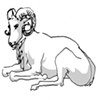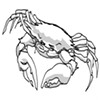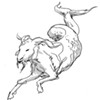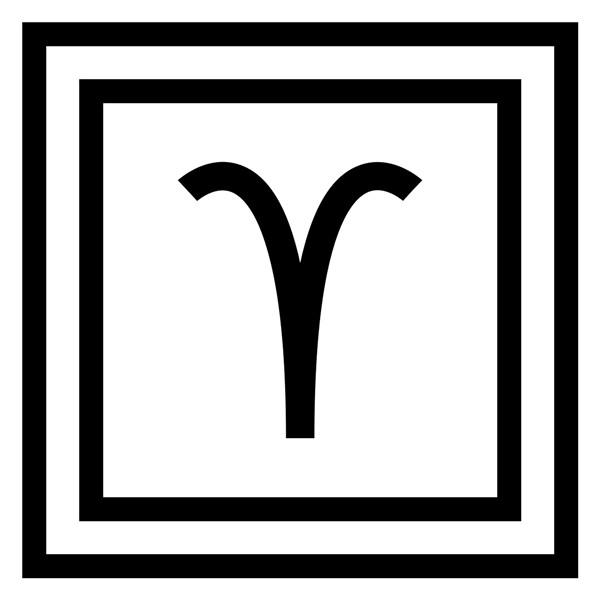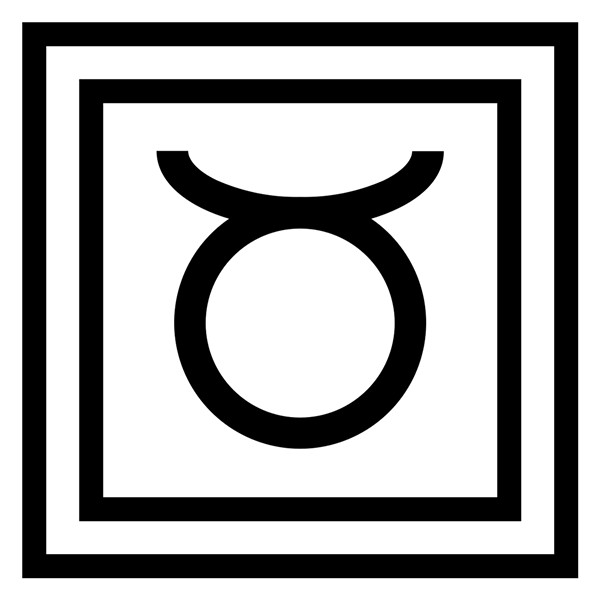Very little is known about this region of space, so the New Horizons mission represents the potential for real discovery. Pluto was the first object ever found in the Kuiper Belt, but the existence of a populated region of space beyond Neptune was not confirmed until the second discovery, that of 1992 QB1, 62 years later.
Eventually New Horizons will proceed into intergalactic space, hopefully to be discovered by some distant civilization that will make a blockbuster movie about it.
Whispering About Astrology
The astrological implications of this require some imaginative thought, though there's plenty of fodder for that. When Patric Walker, the great horoscope columnist, once described Pluto as a "meaningful little planet," he was understating matters, with a hint of irony.
Pluto describes just about everything that humans struggle to deal with. It's the home of the taboo subject—be it any species of sex, death or change. It represents all of the natural aspects of life that people tend to deny. That is why Pluto transits are often experienced as "intense"—they are phases of catch-up with what has been left behind.
When Pluto shows up by transit, the results can feel like anything from relentless pressure to cascading changes to some form of catastrophe. How Pluto manifests seems to be associated with how much resistance to change the person is willing to put up.
When contemporary astrologers describe Pluto as an evolutionary influence, they're really talking about all the implications of sex, death, and change. Aleister Crowley had the right idea when, writing in the 1930s, he described Pluto as "the prime mover." It is that thing in consciousness that drives awareness from the instinctual and emotional levels.
One of the main responses to Pluto is denial. That may work for a while, but it will never work in the end. Pluto will eventually make itself known. Someone who is resisting change and pretending that they don't feel the impulse to grow is flirting with inviting change in some catastrophic form. Where Pluto is concerned it's better to take things incrementally, steadily, and to lean into the changes with a longterm commitment.
Pluto can, if necessary, invoke the principle of "change or die." As a result, death and threats of death have become one of the few dependable ways that people actually grow. The age of Pluto as the outermost planet was also the age of megadeath, beginning with the rise of Hitler and Nazi Germany starting just three years after the discovery. It's been nonstop war and holocaust since then—continuing with Korea, Vietnam, Cambodia, Central America, East Timor, Bosnia, Afghanistan, Iraq, and many others.
The most distant known planet in the solar system has a way of defining the edge or the limit of consciousness. When Pluto's classification was changed to dwarf planet, that opened a few possibilities. One was that Neptune, as the official most distant planet, would be the edge, and denial would continue to prevail.
Or, seen another way, the many new objects beyond Neptune would be co-chairs of the edge. By the time Eris was discovered in 2005 and Pluto was reclassified in 2006, there were already many interesting discoveries beyond Neptune—the first (as yet unnamed) 1992 QB1, is a much gentler provoker of change, using experiences of voluntary submission and surrender to the growth process.
Quaoar is about family patterns and how they spread into society. Varuna is about leveling the field of life, and describes the necessity for integrity and honor.
At the time of Pluto's reclassification to dwarf planet, which was prompted by the 2005 discovery of Eris, I had two basic thoughts. One was that it was time to pause this megadeath consciousness of the 20th century, and consider the possibility that other planets might do a better job of expressing various bottom lines of reality. Not everyone needs a gun held to their head in order to change, and those who do will get their wish.
My other thought was that science, in declaring Neptune the official edge, was reverting to a kind of mystical consciousness. That is, those whose lives were supposedly devoted to the collection of data and the careful testing of clearly defined theories were declaring that in the end, this whole business of assessing what we experience is all about belief.








